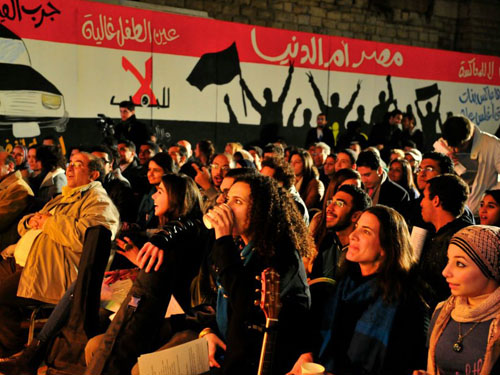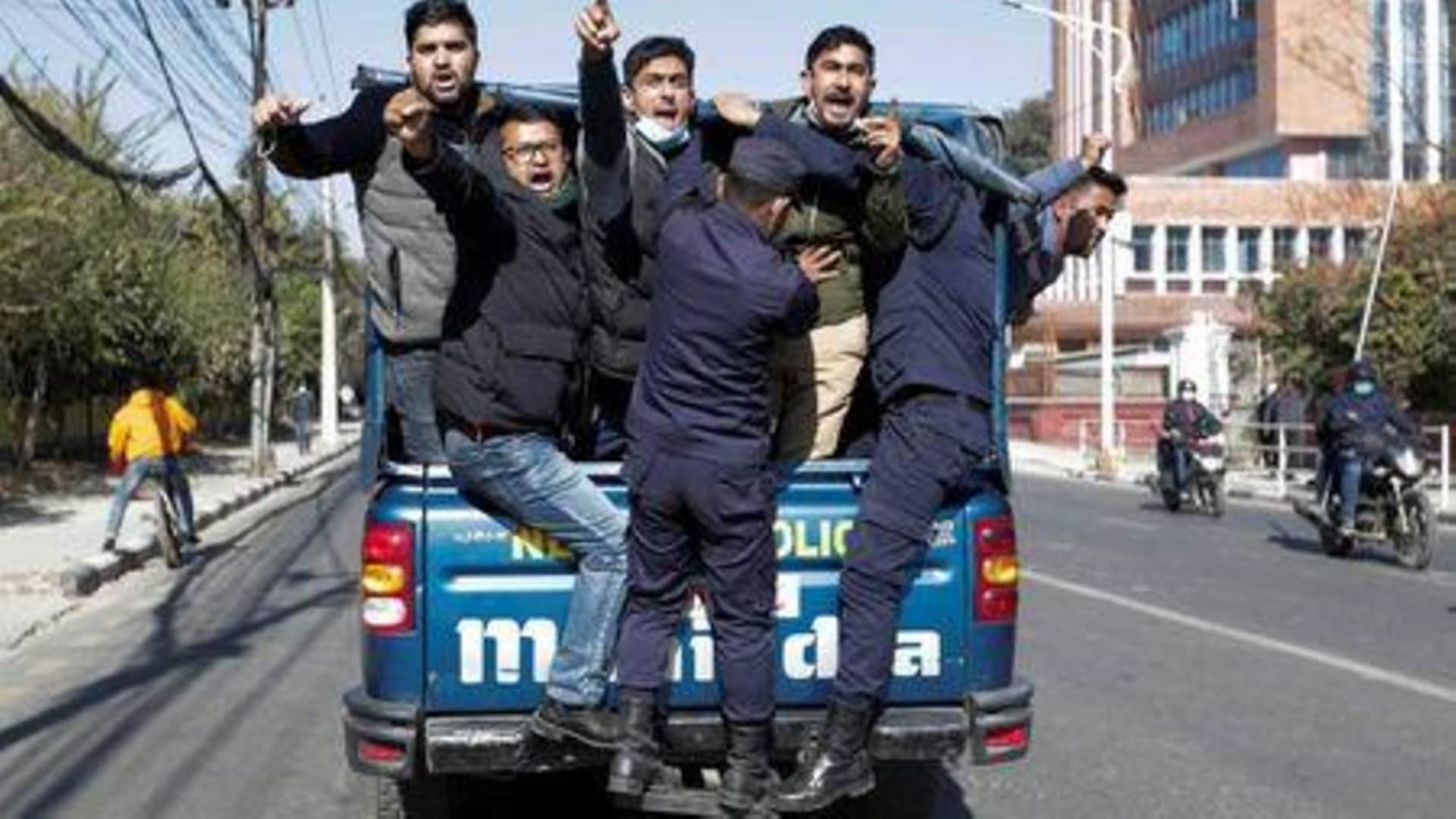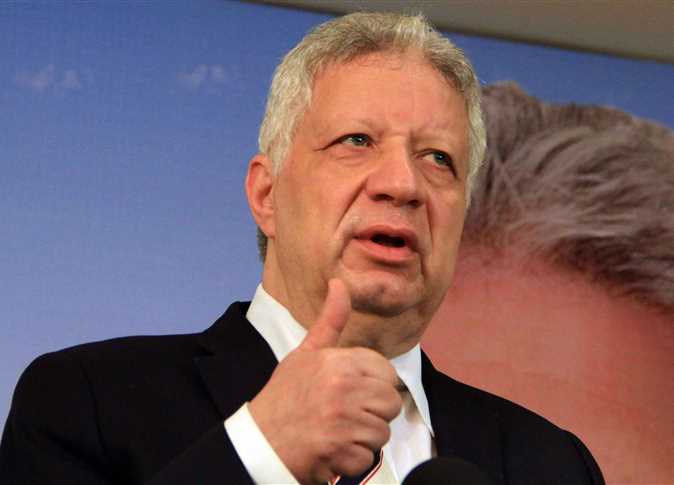
The National Council for Women (NCW) has launched a new campaign called “Egyptian woman: a step towards parliament…choose right” with the aim of raising Egyptian female voters’ awareness on the importance of their participation in the upcoming parliamentary elections and putting them on the right track in the voting process.
The campaign kicked off on 1 February, touring all governorates and specifically targeting 100 women and girls in each electoral district.
During the 23-day campaign, Al-Azhar scholars (or priests in the case of districts with a large Christian population) will join efforts with the council’s expert training team to address the issue of Islamist mobilization tactics, which many have decried as manipulative when used in previous political races.
“We decided to seek the help of Al-Azhar institution in order to explain how Islam encourages women to have a pivotal role in elevating society. However, their choices should not be based on religious reasons,” Naglaa al-Adly, the general manager of the International Cooperation department at NCW, told Egypt Independent.
“We want to convey that voting is a patriotic duty leading to a civilized, democratic society where they can claim their rights. In addition, we want to emphasize that the electoral process has nothing to do with the religious brainwashing employed by some political forces with Islamic backgrounds, as they do this for their own political interests.”
During the campaign’s seminars, the council’s team provides a set of criteria to help guide voters, thereby helping them exercise their choices.
Voters are instructed to use the following criteria in their decision-making process: what they expect in a candidate, how to evaluate candidates’ different competencies and requisite skills, as well as learning about the candidates' platforms. Subsequently, female voters can select the most qualified candidate who addresses women’s concerns and their district’s social issues.
The campaign offers guidelines on the whole electoral process, including an overview of the electoral system, the difference between individual and group list runners, vote counting, and the dissemination of information on how to ensure valid voting.
Combating the act of vote buying is another aim of the campaign, as this scheme has exploited the underprivileged (particularly female breadwinners), along with illiterate and disabled women.
Vote buying has become an increasingly prevalent phenomenon in recent Egyptian elections, in the form of direct exchange of cash or bribing the poor with food supplies.
“Many women sell their votes, unaware to what extent their votes are pivotal in determining the outcomes of electoral polls in the short term. In the meantime, these votes are directly associated with women’s status and conditions in the long term,” Adly explained.
“The upcoming period is crucial for Egyptian women to gain back their status, which the Islamists rolled back when they rose to power, and at the same time we should work on claiming new rights to achieve gender equality.”
The Egyptian Center for Women's Rights' website states that Egyptian women have an influential 24-million female voting bloc, which is crucial in any election. It also mentions that women here have struggled for over 60 years to claim the right to both vote and run for office. This goal was achieved and amended into the 1956 Constitution.
According to the High Elections Commission, Egypt’s next parliamentary polls are set to be held over March and April.
The first phase will take place from 21-22 March for Egyptians residing abroad and from 22-23 March for Egyptian residents (Upper Egypt, from Giza to Aswan). The second phase will occur from 25-26 April for expatriates and from 26-27 April for Egyptians residing within Egypt (Lower Egypt, from Cairo to the Nile Delta).




